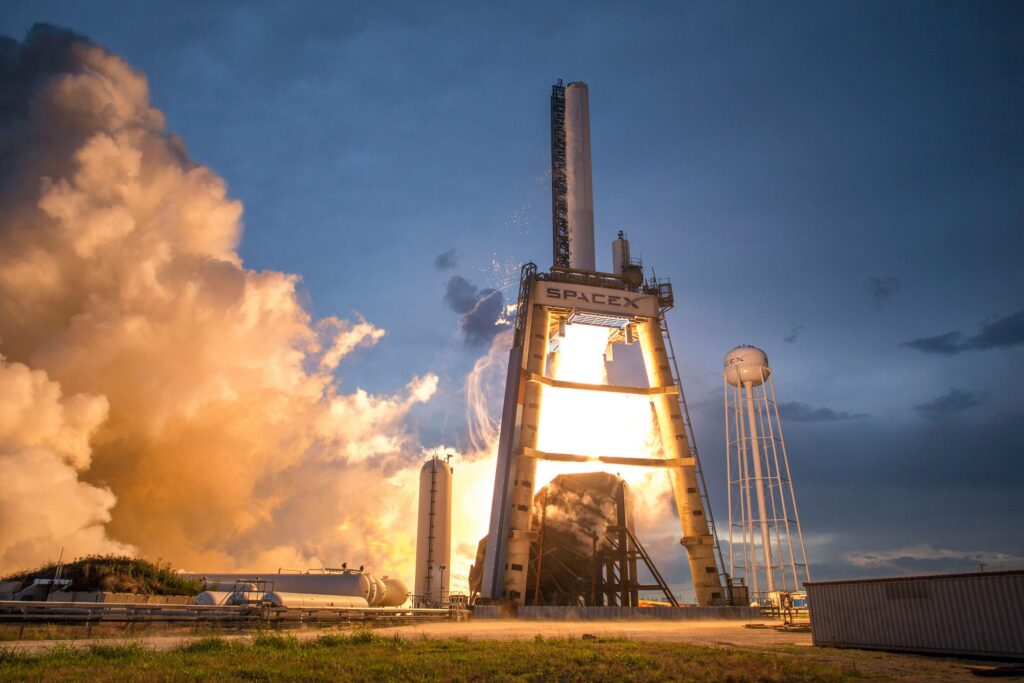Three hundred years ago, life was predictable. A person born in the 1700s would live, work, raise a family, and die without experiencing much change in the world around them. While new inventions and discoveries were made every century, they rarely impacted the majority of the population. Survival was the ultimate goal—ensuring enough food, shelter, and basic well-being. The average lifespan was around 40 years, with the wealthy having the advantage of better medicine, hygiene, and nutrition. But for the common person, life remained relatively static. There were no expectations of drastic change because that was simply the norm.
Then came the 20th century, marked by two world wars that reshaped civilization, transformed societies, and compressed distances in ways previously unimaginable. Wars have long been known as the mother of invention, and these conflicts necessitated rapid innovation. Nations were compelled to outsmart their adversaries, leading to groundbreaking technological advancements.
Would radar have been developed as quickly without war? Would long-distance communication have evolved into what we now know as mobile phones? Would we have made similar leaps in medicine, physics, and engineering if there had been no necessity to do so? The answer is complex, but one thing is clear: without the urgency created by war, technological progress would have been far slower and more measured.
If those wars had never happened, our world in the 21st century would look very different. Before the wars, life moved at the same pace from birth to death. Today, every decade brings such drastic technological and societal changes that we can barely find common ground in conversations with people just ten years older or younger than us. Our experiences in school, college, and the workplace are radically different from those of the previous generation.
This reminds me of a line from the movie Passengers: “We travel throughout our lifetime without reaching the destination.”
Indeed, our world is constantly evolving. While these changes have significantly improved our quality of life, expanded our understanding, and pushed the boundaries of innovation, they have also placed us in an era of perpetual transformation. We are neither at the beginning of this revolution nor at its end—we are the generation witnessing change as it happens. And perhaps the most remarkable aspect of our time is that we have the power to shape this change, to steer it toward progress or peril.
Unlike those who lived in centuries past, we are not merely surviving—we are advancing. And that, in itself, is a privilege and a responsibility.


